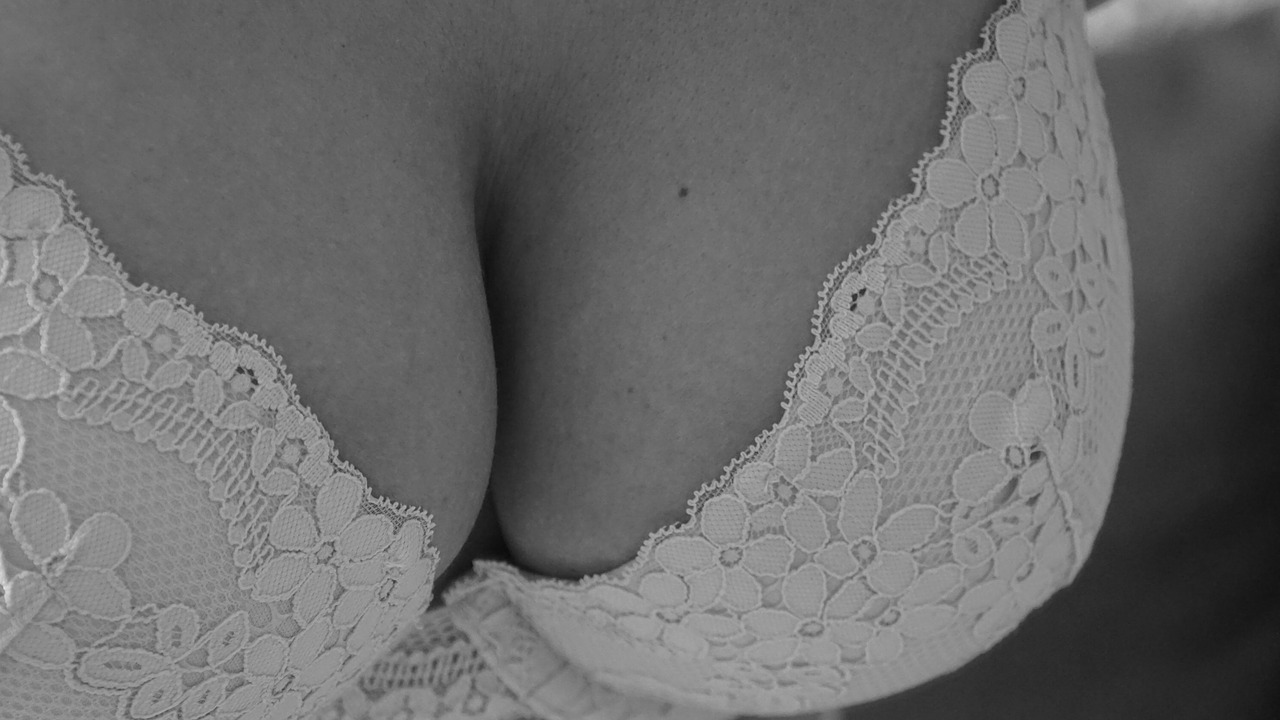Breast augmentation (also known as augmentation mammoplasty) is a type of cosmetic procedure which enhances the size and shape of the breasts. There are several different types of implants and surgical techniques which affect the look and feel of the final result. A woman has many choices to make when it comes to implant surgery, so it is important to discuss the many options and questions you may have with your surgeon.
For your consideration, we have provided a brief list of some of the most frequently asked questions regarding breast surgery and other procedures.
Ques: Do I Qualify and Am I Eligible for Breast Implants?
Ans: If you are a patient and you are over the age of 18, you should legally qualify for this cosmetic procedure. Otherwise, if you are under the age of 18, you will need parental authorization or permission to have breast surgery, unless it is medically authorized for health-related reasons.
One or more of the below feelings or conditions may indicate that you are the right candidate for breast surgery:
- You are bothered by the feeling that your breasts are too small.
- Clothes that fit well around your hips are often too large at the bust line.
- You feel self-conscious wearing a swimsuit or form-fitting top.
- Your breasts have become smaller and lost their firmness after having children.
- Weight loss has changed the size and shape of your breasts.
- One of your breasts is noticeably smaller than the other.
Ques: What are the differences between saline and silicone implants?
Ans: There are two types of breast implants that our medical specialists use for breast augmentation procedures. Silicone-based implants and those that are filled with a sterile saline preparation are your best bet. These implants come in various shapes and sizes depending on your desired results.
Saline implants call for a small incision in order to place them next to breast tissue, while silicone ones require a bigger cut. But nevertheless, the incisions made after the surgery won’t be visible so you don’t have to worry about scarring or keloid formation. Silicone implants offer a more natural feel compared to saline prep, as the latter may cause surface rippling since it’s less dense than silicone.
Ques: Is breast augmentation painful?
Ans: Depending on the incision site, your level of pain tolerance, application of anaesthetic, and placement of the implants, pain can range from just a scratch to something more.
It is normal to feel exhausted and in a little bit of pain several days following the surgery, the breasts may feel sensitive or sore to touch and can appear swollen for up to a month. Expect a feeling of tightness on the chest, as the skin compensates to the new size of the breasts. Swelling may also be observed under the arms and abdomen but this is normal. For most people who don’t have clotting problems, the bruising and swelling will subside within two weeks at most.
Ques: Will the feeling in my breast or nipple change?
Ans: You may observe a diminished sensation around the nipples or breasts following surgery, don’t worry because the nerves and blood vessels are recuperating at this time; just like you. Shooting pains or occasional tingling sensation may also be felt from time to time especially on the chest and under-arm areas but this should not persist and get worse. There are patients who report a feeling of having sunburnt skin after the surgery. This manifestation is normal since your skin is trying to cope up with the increased size.
Ques: How long is the recovery period after breast surgery?
Ans: It all depends on the body’s ability to heal and recover in the shortest period of time.
Ques: What are some typical short-term side-effects from breast implant surgery?
Ans: Some soreness, pain, and swelling are to be expected. A collection of blood (hematoma) or bleeding may occur that may need another operation. Implant asymmetry, rippling, rupture, may also occur. Poor scarring, poor healing, alterations in sensation may also occur. Breast implant infection that may need antibiotics or even removal of implants may occur but very rarely.
Ques: Do implants need to be replaced regularly?
Ans: Implants can last up to 20 years or so. It’s not permanent, and after some point, it needs to be replaced.
